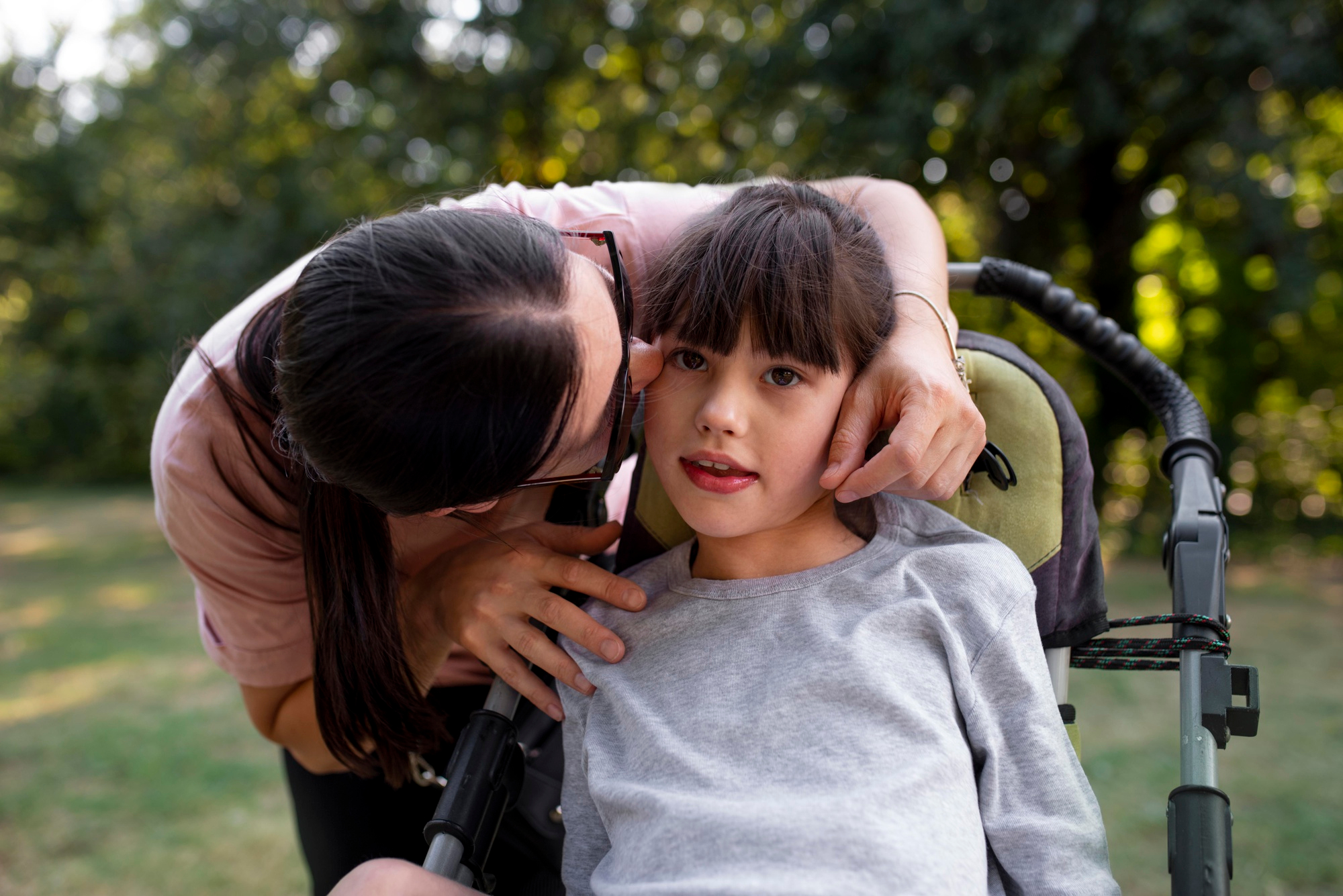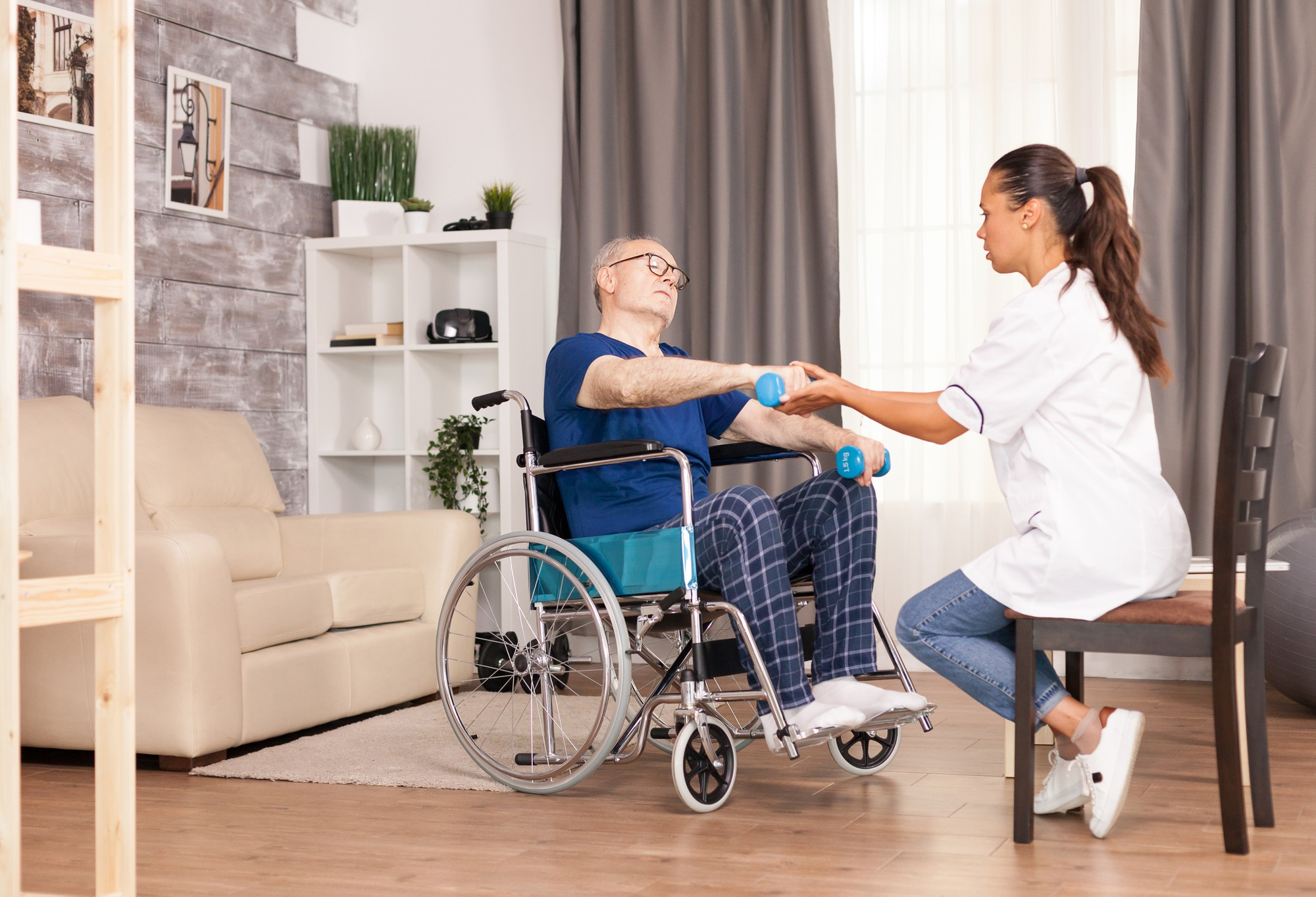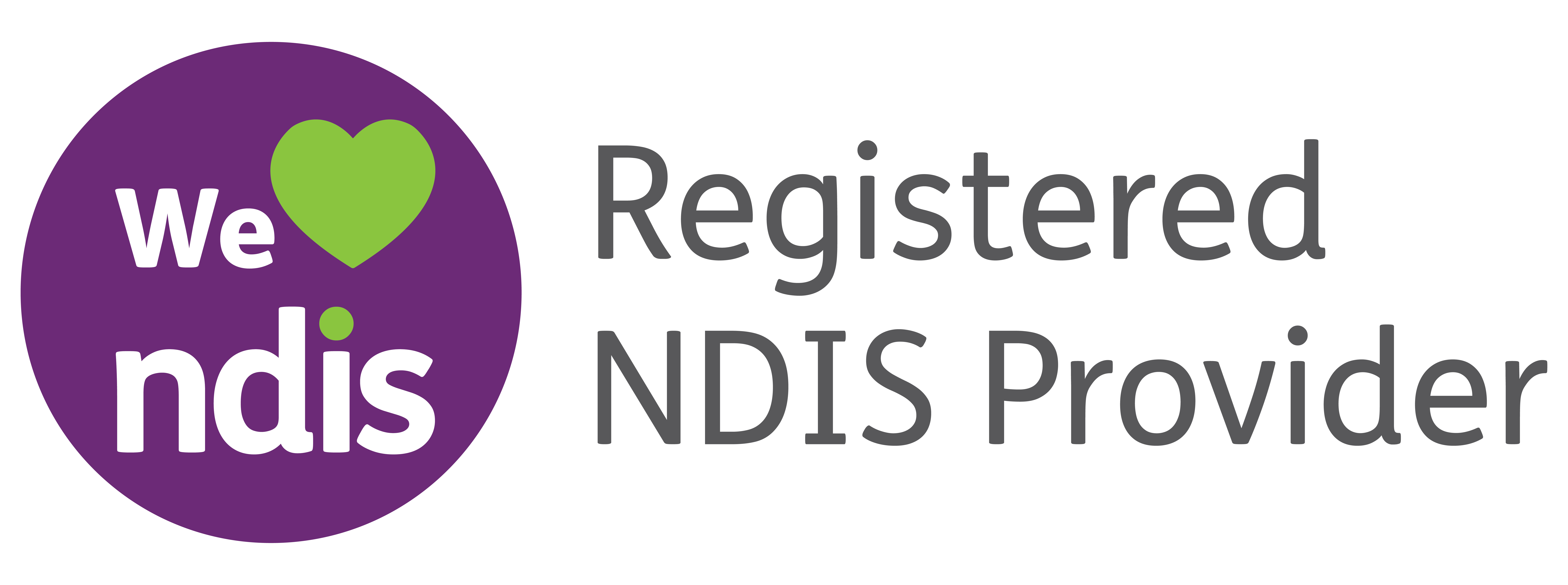
People with disabilities have specific needs that differ from those of others. While everyone may require assistance at some point, individuals with disabilities often need help with personal activities on a daily basis. With NDIS aid with daily living, people with disabilities can concentrate on achieving their significant goals and aspirations. If you are approved for NDIS funding for ‘Assistance With Daily Life’, you may receive assistance with personal tasks or household chores to enhance your independence and life skills.
Understanding the National Disability Insurance Scheme (NDIS) can be confusing, but it’s there to provide the help you need. With Core Supports, funded by NDIS, you can handle daily tasks, work on your goals, and manage disability-related needs. This funding covers four support categories, but finding flexible solutions for consumables and transportation might sometimes be a bit challenging.
Here are the 4 support categories:
- NDIS Assistance with Daily Life – Daily Activities: This includes help with everyday needs, like household cleaning or yard maintenance.
- Consumables: It covers everyday items you may need, such as continence products or low-cost assistive technology for improved independence and mobility.
- NDIS Assistance with Social & Community Participation: This involves support to engage in social and community activities, like having a support worker to assist you.
- Transport: This support helps you travel to work or other places that align with your plan goals. How you use this funding and how it’s paid (upfront or regularly) varies for each person, and your Local Area Coordinator (LAC) will guide you on using this budget.
What Is NDIS Assistance With Daily Life?
NDIS Assistance with Daily Life falls under the Core Supports, specifically in the funding sub-category. It aims to support you in your everyday personal activities, promoting independent living within your home and community.
Since everyone with a disability has unique needs, the daily support provided varies for each individual. Assistance with daily life NDIS is personalized to cater to your specific requirements, ensuring everyone receives the necessary support for a more self-sufficient life.
Your NDIS Plan may encompass various types of assistance:
- Daily personal care & support
- Aid with household tasks
- Shared living arrangements
- Supported independent living (SIL)
- Short-term assistance or respite
- Home and community-based support
This tailored approach ensures that you receive the assistance needed for a more independent lifestyle.
What Kinds of Support Does NDIS Assistance With Daily Life Offer?
When we refer to NDIS Assistance with Daily Life, we’re talking about assisting people with disabilities with all the things we do in our daily routine. This includes activities like getting out of bed, taking a shower, having meals, preparing for the day, heading out, etc.
Here are a few types of support that ‘Assistance with Daily Life NDIS’ might involve:
- Helping with morning routines (getting out of bed, showering, dressing, etc.)
- Assisting with household tasks (dishwashing, cleaning, gardening.)
- Aid in meal preparation or covering costs for meal delivery services.
- Support for navigating the neighbourhood and using public transportation.
NDIS Assistance with Daily Life, or NDIS assistance with daily living, is designed to make these daily activities more manageable for individuals. Whether it’s support with morning rituals, household chores, meal-related assistance, or help in getting around, the aim is to enhance the overall quality of daily living.
NDIS Assistance With Daily Life Examples
Example 1: Every morning, as part of his NDIS Assistance with Daily Life, John receives personalized support tailored to his needs. A caregiver assists him in smoothly transitioning from bed to a refreshing shower, ensuring his morning routine is both comfortable and dignified. Additionally, they help him select appropriate attire for the day, fostering a sense of independence in his daily activities.
Example 2: Mary’s experience with NDIS Assistance with Daily Life is comprehensive. The support she receives extends beyond basic household chores. A dedicated helper not only assists her with dishwashing and cleaning but also tends to her garden, creating a nurturing environment. This level of assistance enhances Mary’s overall well-being, making her home a more pleasant and comfortable place.
Example 3: For Tom, the NDIS Assistance with Daily Life program provides detailed support in meal-related activities. Beyond traditional meal preparation assistance, Tom has the flexibility to opt for meal delivery services, with the costs covered. This tailored approach ensures that Tom not only has nutritious meals but also enjoys the convenience of diverse dining options, adding an extra layer of personalization to his daily routine.
What’s Not Included in NDIS Assistance With Daily Life Support?
NDIS assistance with daily life does not cover the cost of food or pre-made meals (including delivered meals – the NDIS will only cover the cost of preparation and delivery). It also doesn’t include the price of household items such as cleaning supplies, toiletries, and cosmetics that are not related to your disability. Rent, board, or mortgage payments are not part of the coverage either. For example, tickets for events, concerts, and movies are not covered by assistance with daily life under the NDIS.
Please note that assistance with daily life under the NDIS specifically excludes the mentioned items, focusing on providing support for essential aspects related to your disability.
What Can Be Include in Assistance With Daily Personal Activities NDIS?
Assistance with daily personal activities under the NDIS involves aiding or overseeing personal tasks essential to daily life. This includes but is not limited to:
- Personal Hygiene: Showering, bathing, oral hygiene, dressing, and grooming
- Toileting: Assistance with bladder and bowel management, and menstrual care
- Eating and Drinking: Support with meals and potential medication assistance
- Attending Appointments: Helping participants attend various appointments
- Use of Aids and Appliances: Including hearing and communication devices
- Mobility and Transferring: Moving in and out of bed, and on or off the toilet
- Application of Splints: Basic first aid for injuries resulting from a participant’s disability
These personal care supports are applicable in different settings such as living alone, with family, engaging in social, recreational, educational, or employment activities, or during holidays away from home.
When considering personal care support, the NDIA focuses on:
- Maximizing participant independence and functional skills
- Appropriateness to the participant’s age and circumstances
- Exploring less intrusive alternatives, such as aids and equipment or training
Participants may request that intimate personal care not be provided by family or friends, a request that should be respected in determining the funded assistance level.
Assistance with daily personal activities is generally limited to 6 hours per day, covering tasks like bathing, dressing, toileting, grooming, eating, and mobility. However, the NDIA may fund higher levels in specific circumstances, considering factors such as high care needs, medical conditions, temporary requirements, two-person transfers, behavioural concerns, and potential cost reduction through capacity building.
Finally, assistance with daily personal activities under the NDIS is tailored to promote participant independence and cater to diverse needs, always respecting individual preferences.

How Does the NDIS Support Daily Living?
When we talk about the NDIS, daily living includes all the usual tasks we do each day, like getting out of bed, showering, eating, and moving around.
The budget for Assistance with Daily Life in the NDIS is designed to help you with these tasks. You can use the funds to hire support staff for assistance or supervision. If you can’t do certain tasks yourself, you can also hire helpers to do them for you.
Eligibility for NDIS funding for daily living assistance is linked to having ‘Assistance with Daily Life’ in your Core Support budget. Check your plan or ‘Myplace Portal’ for terms like ‘Assistance with Daily Life’ or ‘Daily Activities’ to see if you have funding. A plan manager like Disability Plan Services can confirm your eligibility and the amount you’ve received.
How Can You Get NDIS Assistance With Daily Living?
NDIS support for everyday activities is decided case by case. It’s crucial to be ready for your NDIS planning meeting where you discuss why you need this support to meet your daily needs and goals. Gather evidence like disability reports or doctor recommendations explaining how the assistance benefits you. If it’s considered “reasonable and necessary” in your circumstances, your LAC or NDIS Planner will include it in your plan.
NDIS Price Guide for Assistance with Daily Life
The NDIS Price Guide covers support for daily life, specifically assisting or supervising personal tasks to promote participant autonomy. These supports are tailored individually and can be offered in various settings, including the participant’s home.
In the category of Daily Personal Activities, assistance with self-care activities is provided. These support items aim to help participants with personal tasks, fostering skills for autonomous living. The delivery of these supports is subject to the NDIS Pricing Arrangements and Price Limits (2023-24).
How Does Safelane Healthcare Support Your Independence?
Safelane Healthcare, based in Melbourne (with a branch in Sydney), offers assistance with Home Care, Daily Support, Housing Aids, Travel Assistance, Indoor/Outdoor Help, Nursing, and Respite Care. Our care model revolves around Choice, Purpose, Autonomy, Belonging, and Respect. We aim to provide practical and emotional support, enabling people with disabilities to live their best lives.
Safelane Healthcare’s Assistance with Daily Living services can make a real impact, allowing you to stay in your own home while receiving tailored support. Our team members prioritize your needs, and our friendly staff can assist you with:
- Daily living activities, such as cooking your favourite meals and basic cleaning to keep things organized, perhaps even tending to a vegetable garden
- Personal care tasks like grooming and reminders for medication administration, ensure you stay healthy
- Building social connections, making friends, and refining social skills to form new relationships
- Learn how to stay safe at home, with the level of assistance that suits you
- Developing individual skills and reaching personal goals
- Budgeting and goal-setting assistance
- Travel training for independent and confident travel, or transportation assistance if needed
Experience the ease of getting the support you need by visiting our website at https://safelane.com.au/ or calling us at 1300 10 9333.
Final Words
In summary, NDIS assistance with daily life, provided under the Core Supports of the National Disability Insurance Scheme (NDIS), is essential for individuals with disabilities to manage daily tasks, achieve personal goals, and address specific needs. Tailored to individual requirements, this support covers daily activities, consumables, social and community participation, and transport. Despite limitations that exclude certain expenses, the focus remains on critical disability-related needs. Examples demonstrate the comprehensive nature of the assistance, extending beyond basic tasks to enhance the overall quality of daily living.
Safelane Healthcare and similar providers align with NDIS goals, offering personalized services to enable individuals to stay in their homes while fostering independence and well-being through assistance with various activities. The process involves case-by-case decisions during planning meetings, where participants present evidence of the necessity for daily living support.
Subscribe Our Newsletter
Join our newsletter for community updates and resources.

